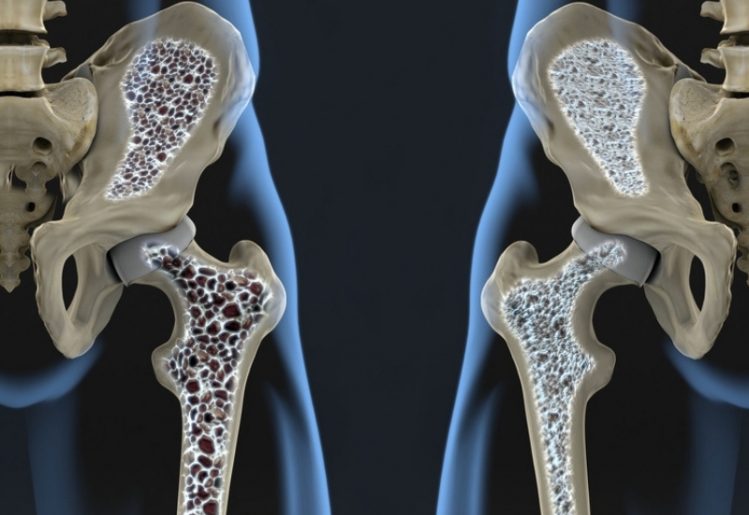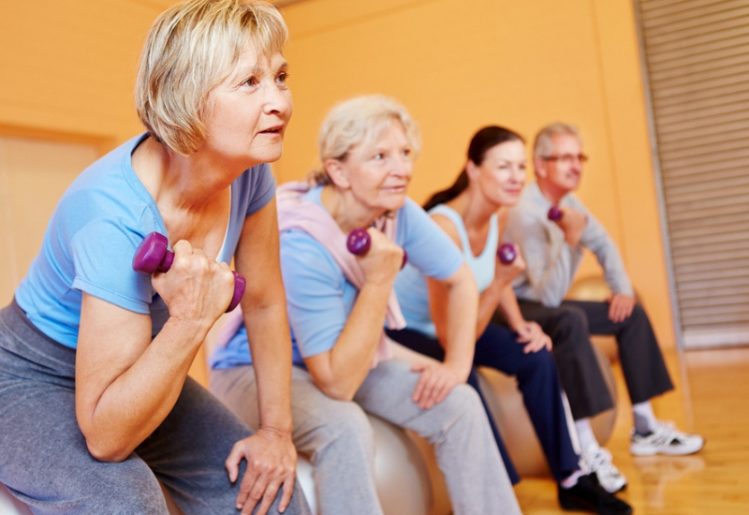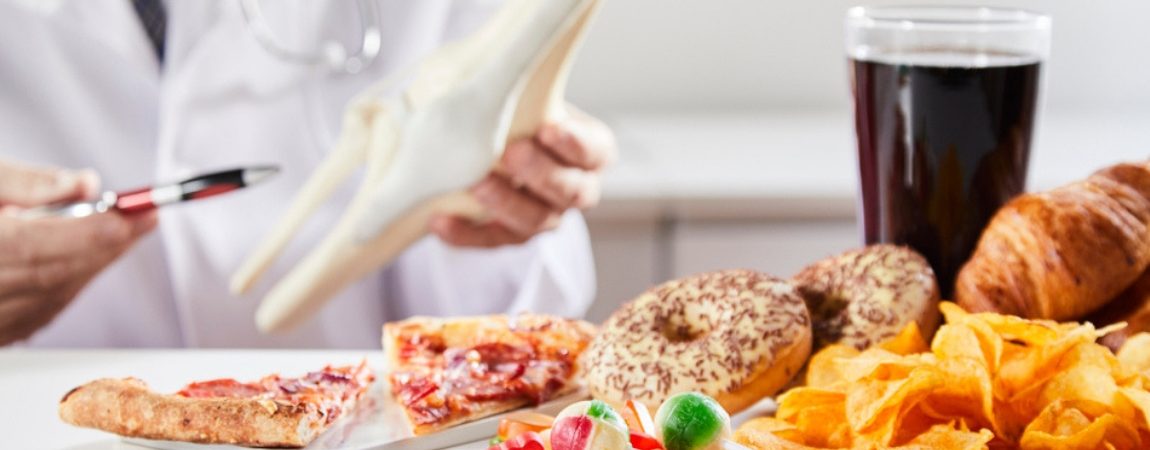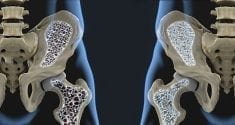New Science Validates Link Between Drinking Soda and Osteoporosis
Osteoporosis occurs when the rate at which bone tissue is reabsorbed by the body exceeds the rate at which new bone tissue is produced, leading to decreased bone density. As a result, the existing bone becomes brittle and breaks more easily. In fact, frequent breaks, or those that occur as the result of minor falls, are usually the first indications that someone suffers from osteoporosis. According to the International Osteoporosis Foundation, one-third of women over the age of 50 will suffer from the condition, while one of five men will develop the condition.New research confirms the link between soda and osteoporosis, showing that people who regularly consume soda face a higher risk of weak and brittle bones.
The Facts About Osteoporosis
 In a healthy person, the body continuously generates new bone and reabsorbs old tissue at a steady rate, so the overall strength of the bones are kept at optimum levels. An individual's bones are their strongest in their 20s and, as they reach age 30 or 35, their bones begin to weaken. Bone growth slows as we get older and post-menopausal women in particular are at risk of weakened and brittle bones.
In a healthy person, the body continuously generates new bone and reabsorbs old tissue at a steady rate, so the overall strength of the bones are kept at optimum levels. An individual's bones are their strongest in their 20s and, as they reach age 30 or 35, their bones begin to weaken. Bone growth slows as we get older and post-menopausal women in particular are at risk of weakened and brittle bones.
While changes in diet and lifestyle can affect your risks of developing osteoporosis, there are some risk factors that cannot be altered. For instance, a reduction in estrogen production inhibits bone growth, which explains why post-menopausal women face the greatest risk. Additionally, Caucasians and Asians face the highest risk among ethnic groups. Genetics also seem to play a factor, and a history of osteoporosis in the family boosts the chance that others in the family will experience bone loss problems. Finally, people who have had fractured bones in the past are more likely to develop osteoporosis as they reach their senior years.
New Research Links Soda and Osteoporosis
While we have known that the acids used in soda attack bone, new research has found that it's more destructive than previously thought. The latest research found that drinking just two servings of soda a day can increase the risk of hip fracture in post-menopausal women. The study found that teen girls and young women who regularly drank two or more servings of soda per day exhibited reduced levels of minerals in their bones. Using information taken from the Women's Health Initiative, the researchers wanted to see how soda consumption early in life would affect bone health later.
Examining data from 72,342 subjects, the research team hoped to confirm the link between soda and osteoporosis. The participants, who were all post-menopausal women, were asked to complete a survey that included questions about their dietary habits and soda consumption. Once accounting for other factors, such as ethnicity, body mass index and coffee consumption, the researchers confirmed a link between soda consumption and the development of osteoporosis.
Specifically, the study revealed that women who consumed a minimum of 14 soda servings per week faced a 26 percent higher chance of experiencing a hip fracture. The increased risk was compared against women who consumed no soda. While the study did suggest that bone weakness was increased by degrees of soda consumption, the researchers did not test for bone mineral density in this study. On its own, the study's researchers admitted that the study did not necessarily establish causation. However, when looking at the results of this study in relation to previous research on the effects of soda consumption, there seems to be a clear connection between soda consumption and bone health. The authors of the study recommend more research into soda and osteoporosis, but they also suggest that limiting soda intake can only have positive effects on overall bone health.
Tips for Reducing Osteoporosis Risks Naturally
Fortunately, there are some actions you can take to naturally improve bone health and limit your risk of developing osteoporosis. In general, eating a healthier diet and living a more physically active lifestyle are essential to keeping bones and musclse strong. The following tips provide more specific suggestions to help you get started.
Resistance Training
 While all types of exercise are beneficial to your health, weight training and resistance exercises will build bone and muscle strength. If you don't have the ability to join a gym and use free weights or weight machines, you can use your own body to build bone strength. Sit-ups, push-ups and chin-ups are great for building both strength and endurance.
While all types of exercise are beneficial to your health, weight training and resistance exercises will build bone and muscle strength. If you don't have the ability to join a gym and use free weights or weight machines, you can use your own body to build bone strength. Sit-ups, push-ups and chin-ups are great for building both strength and endurance.
Eat More Plant-Based Foods
Fruits, veggies, nuts and seeds are all packed with the vitamins your body needs to maintain bone strength. Additionally, these foods contain powerful antioxidants that help eliminate inflammation and fight off free radicals. The nutrients in plant-based foods are more beneficial when you eat a variety of different foods, so try to select foods based on their color and eat foods from every color group.
Take a Dietary Supplement
Even if you are eating more plant-based foods, you may not be getting enough of certain vitamins. You can change that by taking a supplement that's engineered to promote better bone health, such as Osteochron. Calcium, vitamin D and vitamin C are just a few of the bone-friendly nutrients included in this supplement. Other ingredients like vitamin K, magnesium and MSM also help protect against inflammation and promote healthy bones.
Get Better Sleep
Getting at least seven to eight hours of sleep per night is essential to physical and emotional health. It has also been found to benefit bone health. The opposite is also true; in one study, it was found that people who only slept for six hours a night had much higher risk of developing osteoporosis. If you’re having trouble sleeping, it can help to limit exposure to electronic devices for at least an hour before bedtime, reduce your caffeine intake and engage in relaxation techniques before going to bed.





